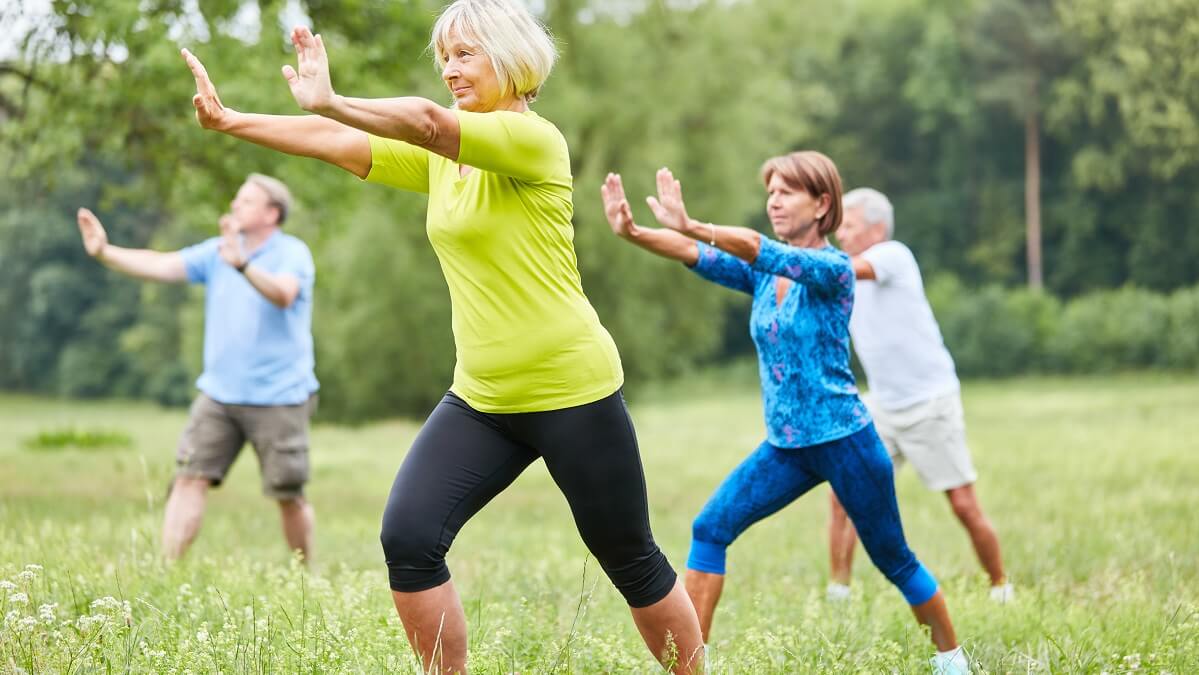There are many benefits to having hobbies, including reducing stress, improving your mood, and providing a sense of purpose. But did you know that some hobbies can also help you live longer? Here are nine hobbies that have been shown to have health benefits.
Gardening
Many of the world’s oldest people share this hobby. It is well-known fact that a life filled with things you enjoy and moderate physical activity is linked to a longer life. Gardening offers a great way to get some low-intensity exercise, fresh air, and sunshine.
Along with great physical health benefits, it can also help to reduce stress and improve your mood. Numerous studies have found that gardening has profound physical and mental health benefits.
Australian researchers following men and women in their 60s found that those who regularly gardened had a 36 per cent lower risk of dementia than their non-gardening counterparts.
Popular plans right now
Yoga
Yoga is a great way to reduce stress, improve mental health and increase lifespan. It is a form of exercise that combines stretching, breath work, and meditation, and it has been shown to be beneficial for people of all ages.
Studies have found that yoga can lower resting heart rate, increase endurance, and improve the maximum uptake of oxygen during exercise – all reflections of improved aerobic conditioning.
Emerging research suggests yoga can even increase body awareness, or attention to the sensations and things going on inside you. That’s no small matter as researchers think heightened body awareness can improve how well people take care of themselves.
Other studies have found that yoga can help improve sleep quality, reduce anxiety and depression, and improve overall quality of life. One study even indicates it may be helpful for dealing with arthritis.
Meditation
Meditation is an ancient practice that involves quieting the mind and focusing inwardly for a set period of time. It has gained modern credibility as a powerful way to reduce stress, promote relaxation and boost memory, concentration, and mood, and it may actually help you live a longer life.
Scientific evidence suggests regular meditation can improve psychological conditions such as anxiety and depression, which in turn can affect mortality. Meditation has been proven to bolster the immune system and reduce levels of cortisol, known as the stress hormone.
Tai Chi
Tai Chi is a mind-body exercise that can help you improve your balance and coordination, increase your strength and flexibility and improve cardiac function. The benefits of regular Tai Chi are similar to those that come with a regular yoga practice.
Swimming
Swimming is a great exercise for overall health and fitness. It is a low-impact activity that is gentle on the joints, and it is a great way to improve cardiovascular health and endurance. Swimming also helps to strengthen the muscles and can improve flexibility.
Reading
A study from the University of Sussex in England has found that simply picking up a book and escaping into another world can reduce stress levels by 68 per cent.
The study had participants engage in a range of tests and exercises to evaluate their stress levels and heart rate. Participants were then asked to do a variety of relaxation activities before being re-evaluated.
Subjects were only reading for an average of six minutes before their heart rates began to slow, and their muscle tension eased. In fact, reading made participants relax to levels beyond those they came in with.
Psychologists say this is because the mind must concentrate on reading and forgets everything else.
Cooking
How often do you head out for dinner? One study shows that eating a homecooked meal up to five times a week could add years to your life.
According to the researchers, subjects who cooked at home about five times a week were 47 per cent more likely to still be alive after 10 years.
“It has become clear that cooking is a healthy behaviour,” said lead author Professor Mark Wahlqvist in a statement. “It deserves a place in life-long education, public health policy, urban planning, and household economics.”
Listening to music
Enjoying your favourite songs could add years to your lifespan. A study led by Patrick Fagan, a lecturer at Goldsmiths, University of London, found that just 20 minutes of listening can boost your sense of wellbeing by up to 21 per cent.
Mr Fagan says, “Our research showcases the profound impact concerts have on feelings of health, happiness and wellbeing – with regular attendance being the key.”
Volunteering
One of the best ways to do a little good for yourself is to help others, but only if your motives are pure.
People who volunteer may live longer than those who don’t, as long as their reasons for volunteering are to help others rather than themselves, suggests research published in the journal Health Psychology.
The study showed that volunteers lived longer than people who didn’t volunteer if they reported altruistic values or a desire for social connections as the main reasons for wanting to volunteer, according to the study. People who said they volunteered for their own personal satisfaction had the same mortality rate four years later as people who did not volunteer at all.
Do you have any of these hobbies? What do you most enjoy doing in your spare time? Let us know in the comments section below.
Also read: How music can boost your wellbeing
Disclaimer: This article contains general information about health issues and is not advice. For health advice, consult your medical practitioner.

